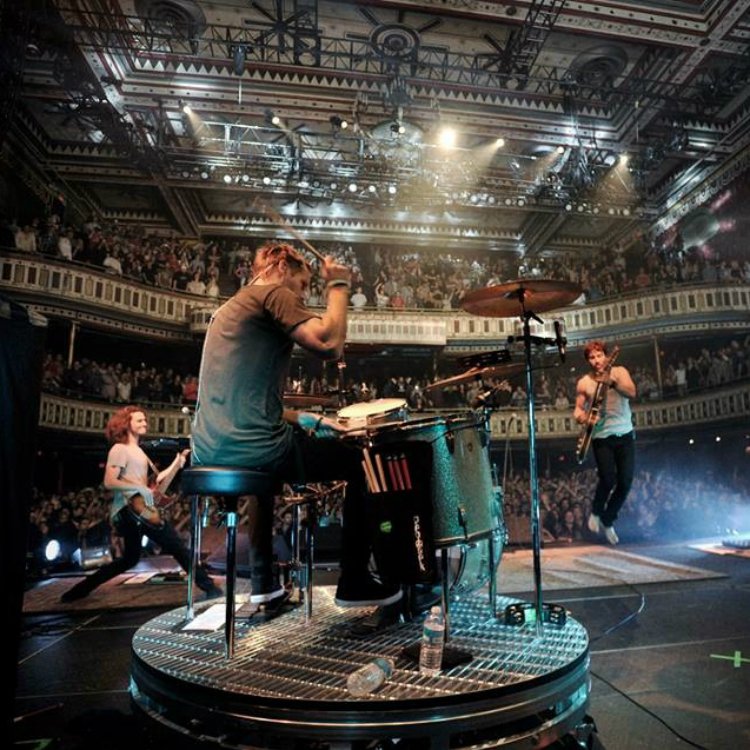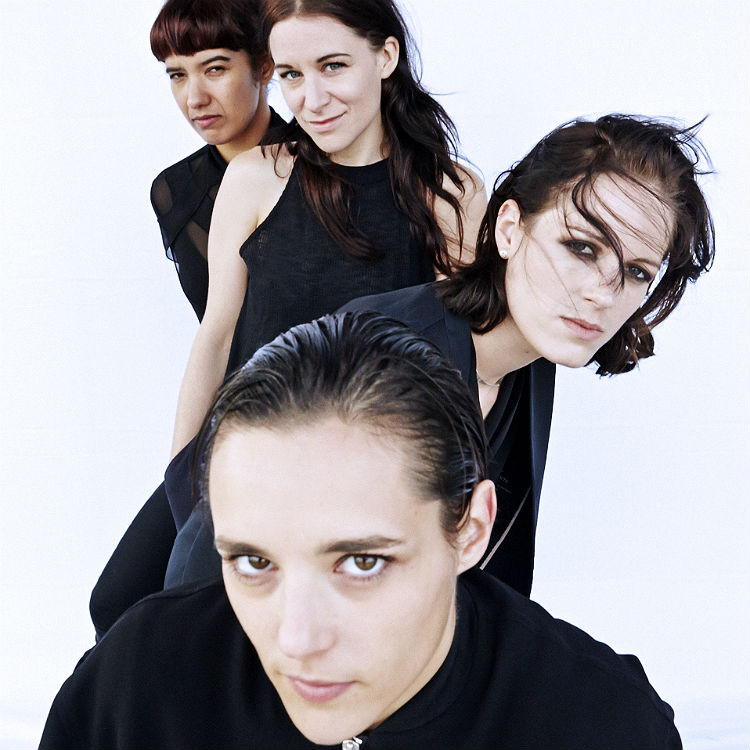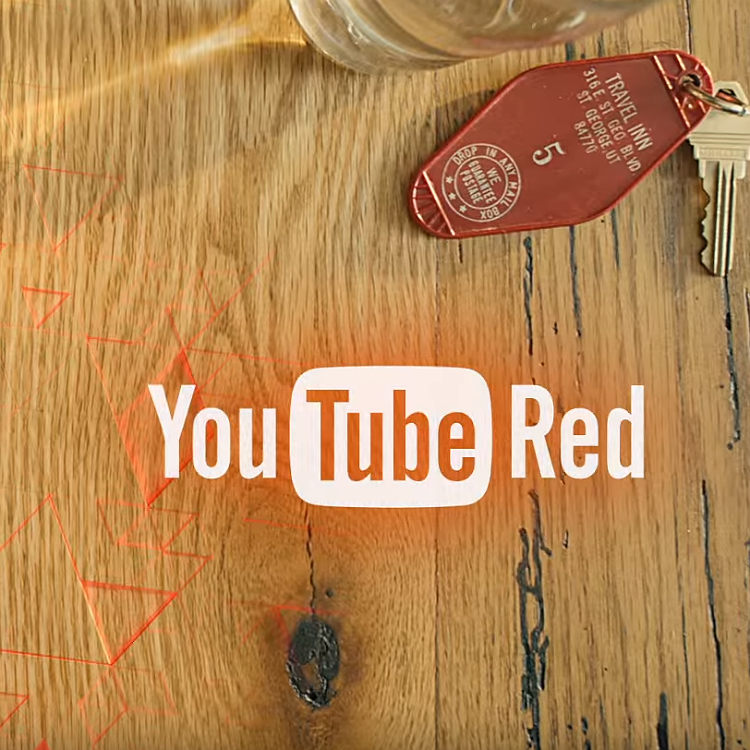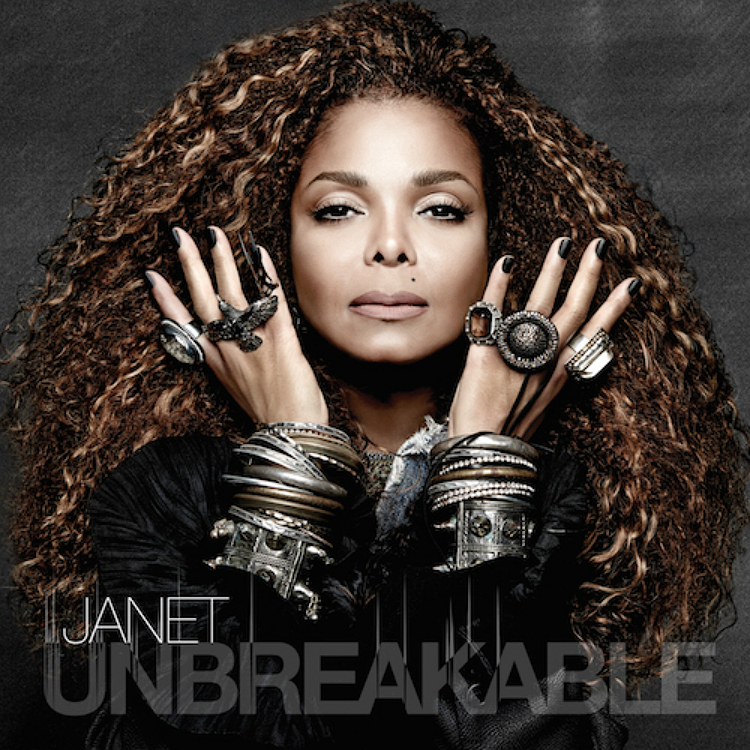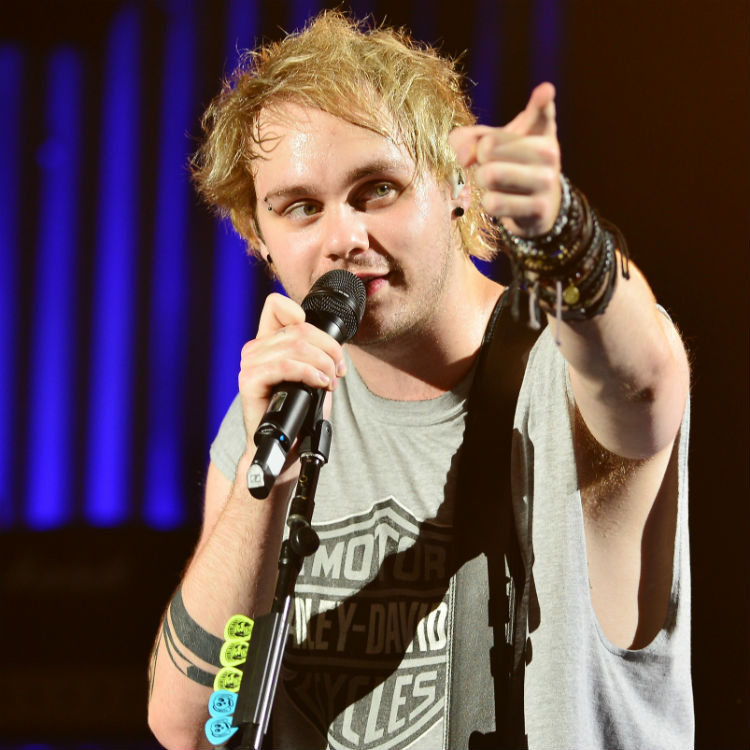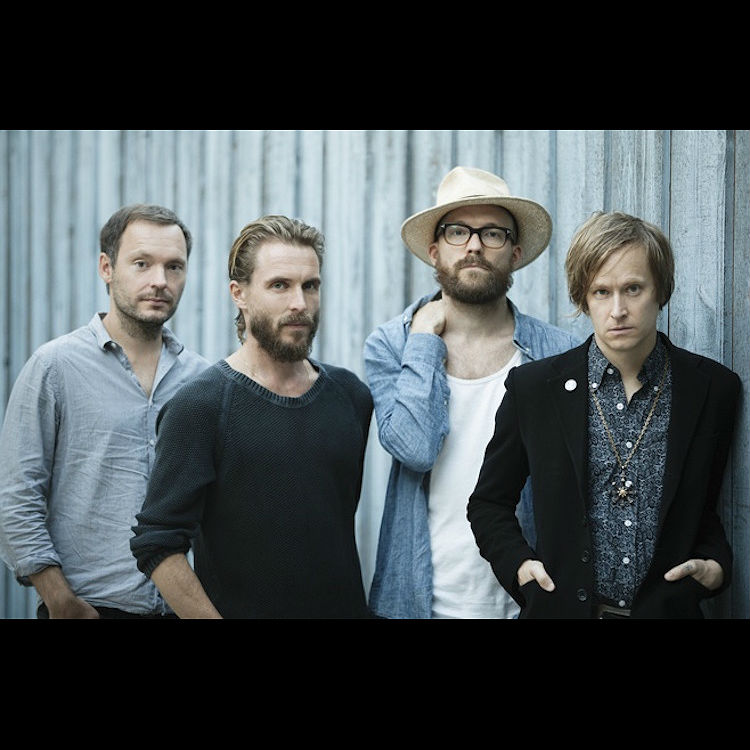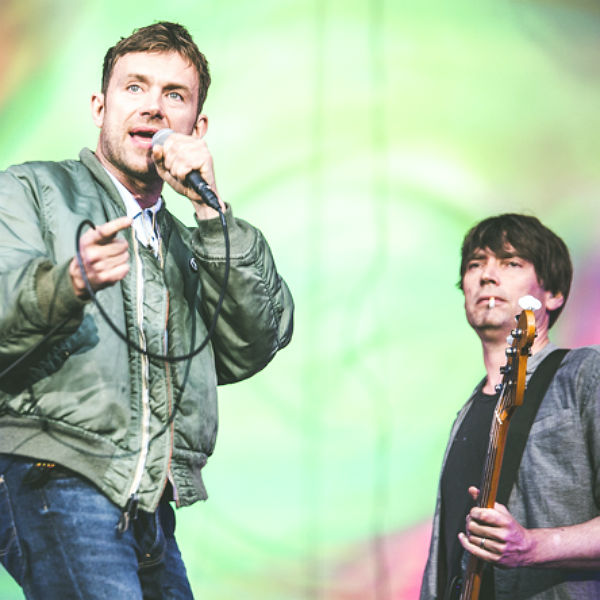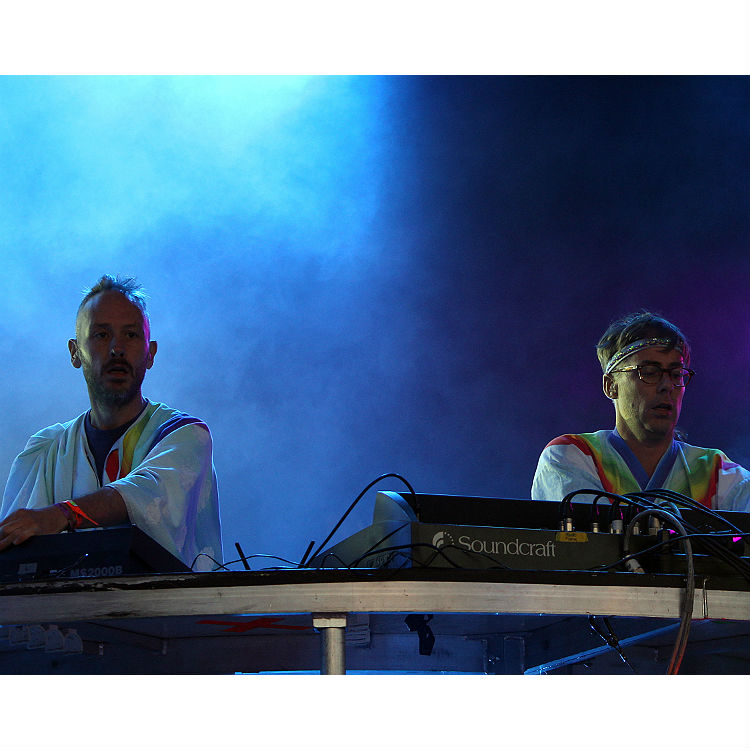 Photo:
Photo:
This Valentine’s Day Bright Eyes release their new album, 'The People’s Key'. Ahead of a one-off gig in London, Gigwise caught up with frontman Conor Oberst, and regular members Michael Mogis and Nate Walcott, to discuss life, love and the end of the world.
Your new album, 'The People’s Key', is out on Valentine’s Day and there’s a strong strain of romance running through the record. Was the release date chosen to reflect that?
Conor: I wish it was, that would make for a better story. In America it’s out on my birthday, but that’s just a coincidence as well.
Despite that a lot of the songs touch on romance, which seems to be down to the fact that, despite being at an advanced stage in your career, you’ve resisted becoming cynical. Many of the songs tap into a spirit of adolescent rebellion and one, 'Beginner’s Mind', is a paean to your inner child. Is it an effort to stay young, to avoid the cynicism that groups tend to fall into?
Conor: It’s a concentrated effort to not get cynical, with music as with everything else in life. It gets harder and harder to do something new and stimulating, just out of the sheer fact we’ve made a lot of records now.
Restlessness and migration are recurring themes in your songs. Does touring and travel help to stave off stagnation?
Conor: A change of scenery can help, especially your mental scenery. To be somewhere new, meet different people and have different experiences is important. You have to keep as much awe in your reality as you possibly can and remain grateful.
Many of the lyrics on the album talk about returning, “hitch hiking back to Zion” or “to return to a place I think of but don’t often mention” for example. This record comes after the biggest period of radio silence in Bright Eyes’ history. Did it feel like a homecoming of sorts?
Michael: As a band, definitely. We all did different projects together, Nate and Conor in The Mystic Valley Band and Conor and myself in Monsters of Folk. We got a few different things out of our system. Coming back to this felt familiar, but also like the start of something new. With music you always learn something, from any project you do and that carries into your next project.
The new album features a number of spoken word contributions from a man (Danny Brewer) ranting about the creation of the universe. At one point he talks about the beginning of language and the importance of names (“someone called it a pomegranate and it became a pomegranate”). Does working under the Bright Eyes name again change the way you work together?
Michael: It does mean something. I feel like I have a different role when it’s Bright Eyes.
Nate: If Conor calls to say “lets make a Bright Eyes record” you know it’s going to be a different experience than, say with The Mystic Valley band.
Given that you put so much effort into doing different projects and using different sounds, I wondered how you felt about the number of bands that, like you, tap into folk traditions but, unlike you, seem content to preserve, rather than evolve those traditions.
Conor: There’s obviously a nostalgic veneer to a lot of it. It’s a stylistic decision more than anything, but I guess some people fall into something and live and breathe it. We have a friend and I sometimes think he’s literally trapped in the early 70’s. He’s the exception because that’s just his personality. I myself have been guilty of an attraction to certain periods, but you have to represent the times you’re living in. To try and approximate something that’s gone before doesn’t interest me. There are already better recordings of it.
You definitely seem to be equally concerned with the future as with past. The album’s lyrics allude to ancient religious symbols and future technologies in equal measure (“I want to fly on your silver ship/ while Jesus hangs and Buddha sits.”) The Canadian writer Margret Atwood wrote that sci-fi is a way of “acting out the consequences of theological doctrine.” Given the content of your lyrics I wondered what you’d make of that?
Conor: I think she’s a 100% right. Whenever you project into the future you obviously follow some line of logic from a doctrine that exists now, and you try to reach a place where that logic resolves. You use the progression of time to ask “What’ll happen if?” What if we keep using all the oil? Or if we let fanatics rule the world? You end with a pretty dystopian reality I guess.
Some religions view language as being sacred, a topic the album touches on. Some sects even think of the physical universe as a hieroglyph for the name of God. At the same time a lot of thinkers and writers, some that have influenced you, talk about language as being unreliable and broken. Where do you stand on that as a lyricist?
Conor: I see both sides. There are definitely things that aren’t expressible, that are beyond words. One thing I find really fascinating with language is the parallels that develop in different cultures. You seem to find a lot of the same things, as if there are basic human instincts that connect us. It makes the universe seem connected, which is very cool.
In the early 90s Belle and Sebastian used to play gigs at incredibly low volume, meaning the audience would have to make a group effort to be quiet enough to allow the songs to be heard. How do your audiences affect, or even contribute to the way you make your music?
Michael: They definitely affect our playing. The other night there was an older song we were trying to play and in the sound check we literally couldn’t get through it, but, in front of an audience, we played it perfectly. The fans respond in different ways, depending on the music. They’re really in tune with it, even with the new songs. They know when to go wild but then, on more stripped down songs, they’re practically silent.
Nate: You can tell it means a lot to them, they’re very respectful to the songs.
W.B. Yeats, a writer you paraphrased on your last album, was very worried about how people interpret and react to art, prompting W.H Auden to write in response that “poetry makes nothing happen.” What, if anything, would you like to make happen with your music?
Conor: I guess, at best, it would make people think and maybe be slightly more sympathetic toward each other. I don’t know if our music does that though…Music definitely has the power to foster a sense of community, if it generates empathy that’s a positive.
In Bright Eyes songs the world ends and gets recreated…a lot. The song that first brought you to a wider audience was 'First Day of My Life'. If the world actually did end and you actually were reincarnated how would spend your first day back on the planet?
Conor: Smile, take a look around?
Michael: I’d take a bath. I’d probably be sticky from the womb, y’know?
'The People's Key' is out now.



